A close cut for an extraordinary cause
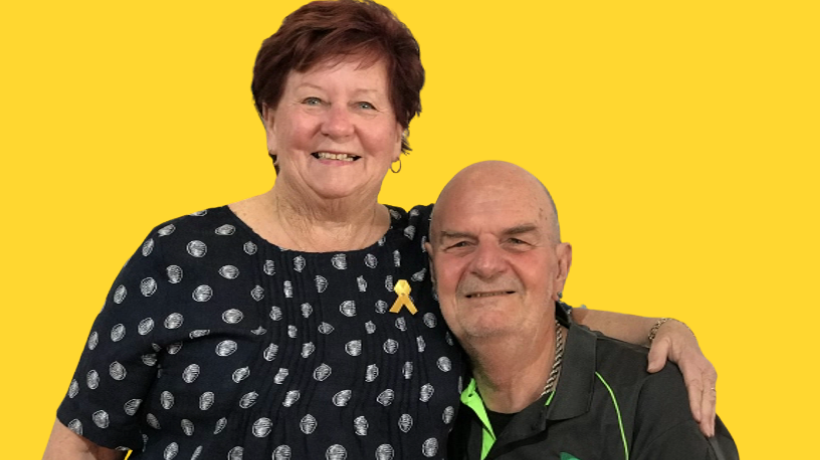
His long ponytail and beard is his trademark, says retired interstate truck driver Gary Gorst. It has been a part of his identity for decades. Now it’s gone, replaced by a buzzcut and a clean shave.
For Gary, it’s a major loss. But it’s more than made up for by the amount of money he raised for cancer research, and the amount of fun he had along the way. Gary and his co-fundraisers at Mt Gilead Estate, a retirement community in western Sydney, brought in $11,000 for The Kids’ Cancer Project. And it all began over a bottle of Scotch.
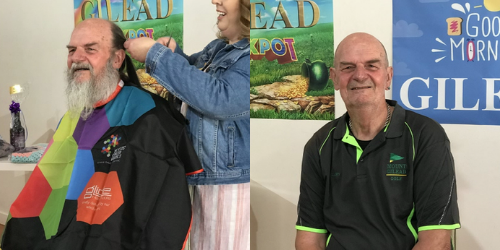
“We were sitting around, a few fellas and myself, on New Year’s Eve, drinking a bottle of Scotch whisky,” Gary says. “We’re all in our late 60s or early 70s. Someone asked me when I’m going to get my hair cut off and I said, ‘Never!’”
“Then I said I’d do it if somebody could come up with enough money to make it worthwhile, some sort of fundraiser. And that was it. That’s where it started.”
The whisky aficionados decided to fundraise within their retirement village, which at the time contained around 550 residents. Gary began researching charities for the money to go to, and very quickly decided on The Kids’ Cancer Project.
“We’ve got so many people in the village who’ve got some sort of cancer, and I’ve lost a few friends over the years from cancer,” he says. “So, it was a decision based on the fact that The Kids’ Cancer Project allowed us to nominate where the money would go. But it was also a choice led by emotion.”
“I think that if we can defeat cancer in kids, then in 50 or 60 years from now, when I’m no longer around, we won’t have cancer anymore. It will become a thing of the past, like polio or tuberculosis in this country. That only happens through research.”
Gary and his merry band began promoting the event amongst their community, and support came from outside, too. The local pharmacy donated $200, and the local butcher put together $100 of meat to raffle off during the event.
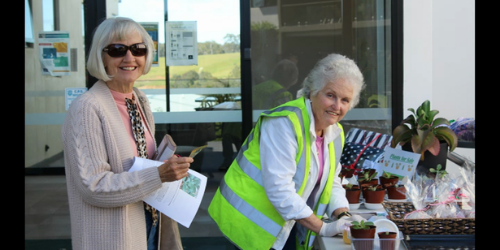
On the day itself, because of COVID-19 restrictions, only 20 people at a time were allowed to come together. A major, single event was therefore not possible. But that didn’t stop the organisers from letting the entire community watch as they quite literally let down their hair.
The in-house TV channel broadcast every shave live – in the end there were three men who agreed to lose their locks, one who shaved his legs, and two women dyed their hair outrageously bright pinks and purples.
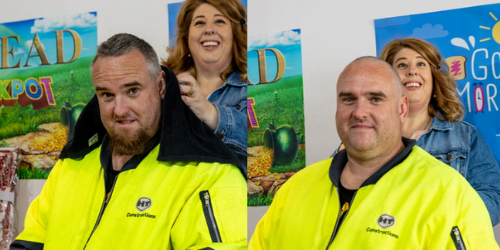
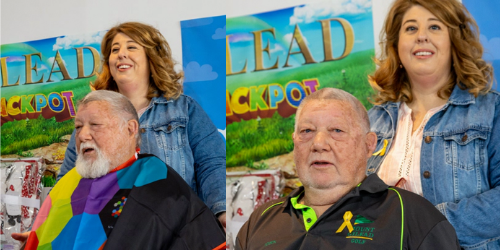
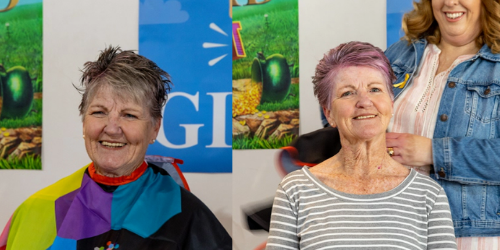
Then there was an all-day barbecue that small groups could attend during particular time slots, before clearing out, cleaning up and allowing the next group in.
“That barbecue went for over six hours,” Gary smiles. “Everyone in the community had an excellent day and the outcome – $11,000 raised for The Kids’ Cancer Project – was astounding. Many people in the village have a hard time making ends meet, yet everyone gave what they could and raised an amazing amount.”
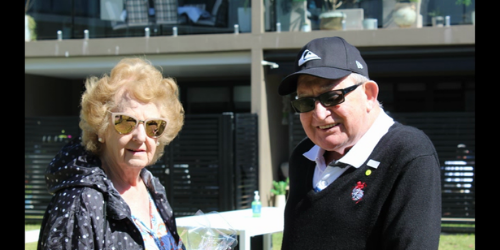
Gary enjoyed the experience so much that he’s now hoping to create an annual fundraising event. Perhaps next year it will be a golf day on the village’s nine-hole golf course, or some other community event.
But there’s one job Gary has to take care of, first – growing back his beloved beard and ponytail.
“The fundraiser made me feel good,” he says. “It made people in the village feel good. And it means a charity that does some very important and very powerful work can now do a little bit more. We’ll definitely do something else next year.”

